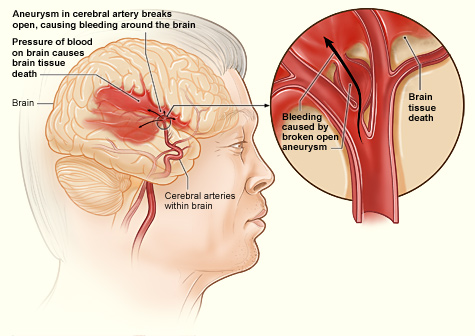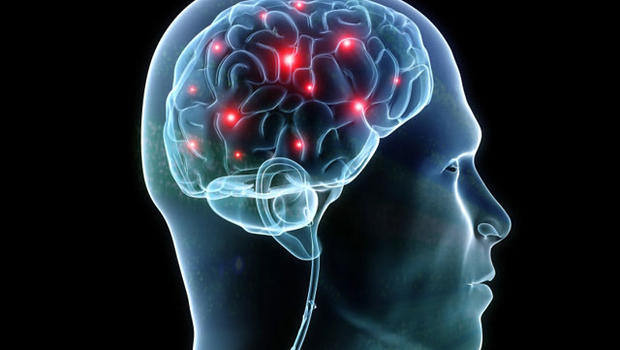Stroke is the second most common cause of death the world over but is poorly understood
An international research consortium studying 520,000 individuals from around the world has identified 22 new genetic risk factors for stroke, thus tripling the number of gene regions known to affect stroke risk.
The results demonstrate shared genetic influences with multiple related conditions, including blood pressure, coronary artery disease, venous thromboembolism etc. Linking these results with extensive biological databases provides novel clues on stroke mechanisms and illustrates the potential of genetics to identify drug targets for stroke therapy.
The study was conducted by members of MEGASTROKE, a large-scale international collaboration launched by the International Stroke Genetics Consortium
The results of the largest genetic study on stroke thus far were published online in the journal Nature Genetics. The study was based on DNA samples of 520,000 European, North- and South American, Asian, African, and Australian participants of whom 67,000 had a stroke. These were derived from 29 large studies. From the millions of genetic variants analyzed, 32 independent genomic regions were shown to be associated with stroke of which two thirds are novel.
What is Stroke?

The study was conducted by members of MEGASTROKE, a large-scale international collaboration launched by the International Stroke Genetics Consortium, an international multi-disciplinary collaborative of experts in stroke genetics from around the world who have been working together for the past 10 years. MEGASTROKE members include research groups from Germany, France, the UK, Japan, USA, Iceland, Spain, Switzerland, Italy, Belgium, the Netherlands, Denmark, Sweden, Norway, Finland, Estonia, Poland, Singapore, Australia, and Canada.
“Because the extent to which individual variants modify stroke risk is very small, it required a large number of subjects to discover these variants. Our group has leveraged extensive datasets set up by numerous researchers over the past few years,” said Martin Dichgans, Professor of Neurology and Director at the Institute for Stroke and Dementia Research (ISD), University Hospital, Ludwig-Maximilians-University (LMU) Munich, and one of the leaders of the current study.
Stroke is the second most common cause of both death and disability-adjusted life-years worldwide, but its molecular mechanisms remain poorly understood, which makes developing new treatments challenging. This study provides extensive novel insight on the biology and pathways leading to stroke. Stroke is one of the leading causes of death and disability in India too. The estimated adjusted prevalence rate of stroke range, 84-262/100,000 in rural and 334-424/100,000 in urban areas. The incidence rate is 119-145/100,000 based on the recent population based studies. There is also a wide variation in case fatality rates with the highest being 42% in Kolkata, according to a 2013 study in the Journal of Stroke.
Reasons for a stroke can originate from alterations in various parts of the vasculature including large arteries, small arteries, the heart, and the venous system and the researchers found genetic risk factors implicated in each of these mechanisms. They showed that some genetic risk factors contribute to specific mechanisms and others to stroke susceptibility at large. They further found shared genetic influences between stroke caused by vessel occlusion (the most common cause of stroke) and stroke caused by rupture of a blood vessel (the most catastrophic cause of stroke), often thought to have opposite mechanisms.


